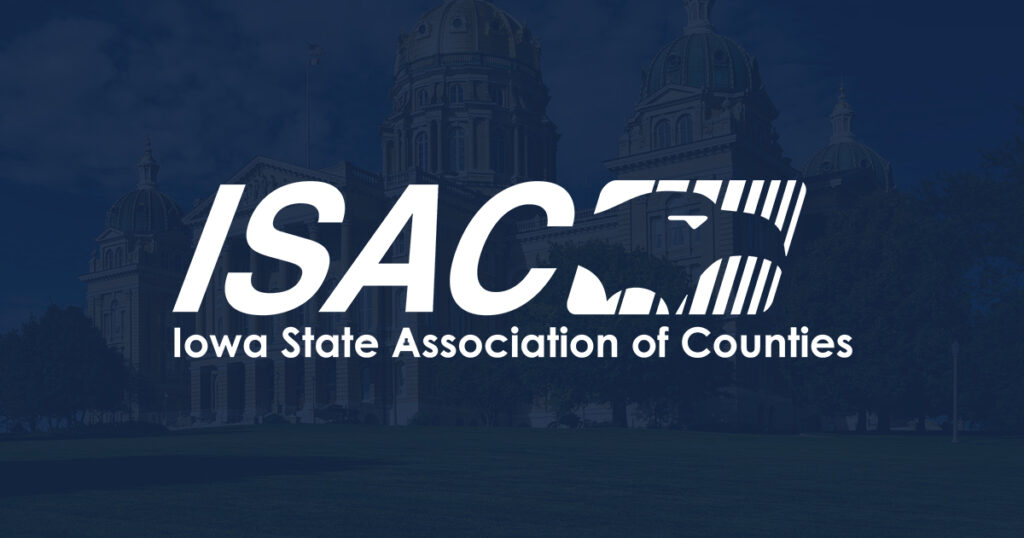Supreme Court upholds franchise fee ruling

Supreme Court upholds franchise fee ruling
By Kent Darr
Des Moines residents are entitled to a refund that could top $40 million for excess fees they paid on utility bills between 2004 and 2009, the Iowa Supreme Court ruled in an opinion released today.
The case against the city of Des Moines was filed in 2004 by homeowner Lisa Kragnes after she noticed a surcharge on her bill. At the time, it was 1 percent of her total bill. The city later raised the fee to 3 percent, then 5 percent, saying that the fee was an alternative to raising property taxes to generate revenue.
Kragnes won her claim, and a Polk County district judge ordered a refund on her bill and eventually certified the case as a class-action lawsuit, with the class composed of all residents and businesses.
The lawsuit has survived a flurry of appeals from the city, including several attempts to decertify the case as a class action that includes all residents and businesses that have paid a so-called franchise fee assessed by the city. Judge Michael Huppert ruled in January 2006 that the fee was an illegal tax.
This is the second time the Supreme Court has denied the city’s attempts to dismiss the case. In 2009, Gov. Chet Culver signed a law allowing communities to assess franchise fees on a range of utilities.
Chief Justice Mark Cady dissented, saying, “The judgment is so large that the City will now need to raise additional revenue or reduce City services to refund the improper fee to all the residents who paid it.” He bemoaned the fact that taxpayers would ultimately be paying the refund to themselves.
“This case is about citizens being able to stand up to their government and say what you’re doing is illegal,” said Brad Schroeder, a Des Moines attorney represented Kragnes and the class.
The case was remanded to Polk County District Court to determine the exact amount of the refund and the method for its distribution. The Supreme Court determined that the franchise fee covered about $3.5 million in legitimate costs. The city has collected about $12.6 million a year since 2005.
Des Moines residents are entitled to a refund that could top $40 million for excess fees they paid on utility bills between 2004 and 2009, the Iowa Supreme Court ruled in an opinion released today.
The case against the city of Des Moines was filed in 2004 by homeowner Lisa Kragnes after she noticed a surcharge on her bill. At the time, it was 1 percent of her total bill. The city later raised the fee to 3 percent, then 5 percent, saying that the fee was an alternative to raising property taxes to generate revenue.
Kragnes won her claim, and a Polk County district judge ordered a refund on her bill and eventually certified the case as a class-action lawsuit, with the class composed of all residents and businesses.
The lawsuit has survived a flurry of appeals from the city, including several attempts to decertify the case as a class action that includes all residents and businesses that have paid a so-called franchise fee assessed by the city. Judge Michael Huppert ruled in January 2006 that the fee was an illegal tax.
This is the second time the Supreme Court has denied the city’s attempts to dismiss the case. In 2009, Gov. Chet Culver signed a law allowing communities to assess franchise fees on a range of utilities.
Chief Justice Mark Cady dissented, saying, “The judgment is so large that the City will now need to raise additional revenue or reduce City services to refund the improper fee to all the residents who paid it.” He bemoaned the fact that taxpayers would ultimately be paying the refund to themselves.
“This case is about citizens being able to stand up to their government and say what you’re doing is illegal,” said Brad Schroeder, a Des Moines attorney represented Kragnes and the class.
The case was remanded to Polk County District Court to determine the exact amount of the refund and the method for its distribution. The Supreme Court determined that the franchise fee covered about $3.5 million in legitimate costs. The city has collected about $12.6 million a year since 2005.










